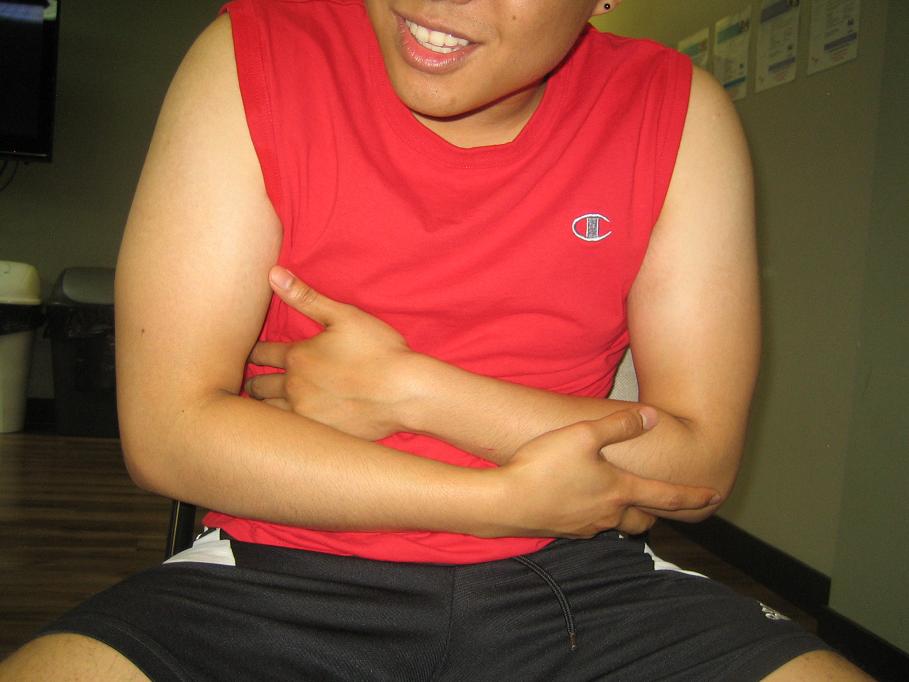As the name suggests, traveler’s diarrhea is diarrhea that is experienced by travelers who are away from their homes. Generally, it is characterized by having three or more loose to liquid bowel movements within a span of one day. It is said to be the most common illness to befall a traveler, affecting an estimated 20-50% of all international travelers, with the destination as the most crucial risk factors. Furthermore, high-risk destinations include the developing countries of Africa, Latin America and Asia with immunocompromised individuals and young adults to be at greatest risk. The most common complications are dehydration and electrolyte imbalance.
Taking in contaminated food and water is the main cause of traveler’s diarrhea but direct contact between mouth or nose and contaminated hands may also lead to this illness. Bacteria are the frequent culprit of traveler’s diarrhea, with Escherichia coli as the most common cause. This kind of bacteria will attach to the lining of the intestine where it will then release its toxins. Other bacteria that may lead to traveler’s diarrhea include Salmonella, Shigella and Campylobacter jejuni. Aside from viruses, such as rotavirus and Norwalk virus, parasites such as Giardia lamblia may all lead to traveler’s diarrhea.
Signs and symptoms of traveler’s diarrhea
The signs and symptoms of traveler’s diarrhea are usually abrupt and appears within the first few days after arrival to destination, but there are some reported cases where indicators only appear near the end of trip. The following may appear with traveler’s diarrhea:

- At first, increase in the frequency in fecal discharge – three or more within 24 hours
- Looseness or liquidity of stool
- Increased sense of urgency to go to the toilet
- Nausea and vomiting
- Abdominal cramps
- Bloating
- Loss of appetite
- Low-grade fever
- Lastly, feeling ill
First aid treatment and management
With sufficient home case, you can treat traveler’s diarrhea. It often poses no permanent harm to the health of the traveler. With proper first aid care from First Aid Classes, the signs and symptoms disappear within three to seven days.
- Avoid taking anti-diarrhea medications unless absolutely necessary. Allow the body to naturally get rid of the bacteria. Taking anti-diarrhea medications may relieve of symptoms but prolong the disease.
- Drink plenty of water, fruit juices and sports drinks in small amounts but frequently. Do not drink caffeine, alcohol and milk to avoid increased urination and/ or irritation of the stomach.
- Start by eating foods that are low in fat but high in carbohydrates.
- For vomiting individuals, help them into a position of greatest comfort, usually sitting up.
Prevention
The following tips can help prevent traveler’s diarrhea, especially when traveling in high-risk destinations:
- Only eat foods from trusted places. Avoid eating foods from street vendors.
- Drink water from trusted sources. If one is not sure, opt for bottled water.
- Before eating food, always ensure that it is properly boiled, cooked or peeled to remove any traces of bacteria.
- Shy away from raw or undercooked food and unpasteurized dairy products.
Traveler’s diarrhea is a common condition that befalls travelers from ingesting contaminated food or water.
FACT CHECK
https://www.healthline.com/health/travelers-diarrhea
https://www.webmd.com/digestive-disorders/travelers-diarrhea#1
https://www.mayoclinic.org/diseases-conditions/travelers-diarrhea/symptoms-causes/syc-20352182
